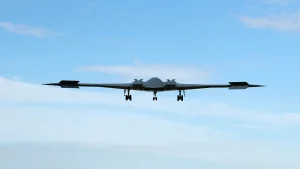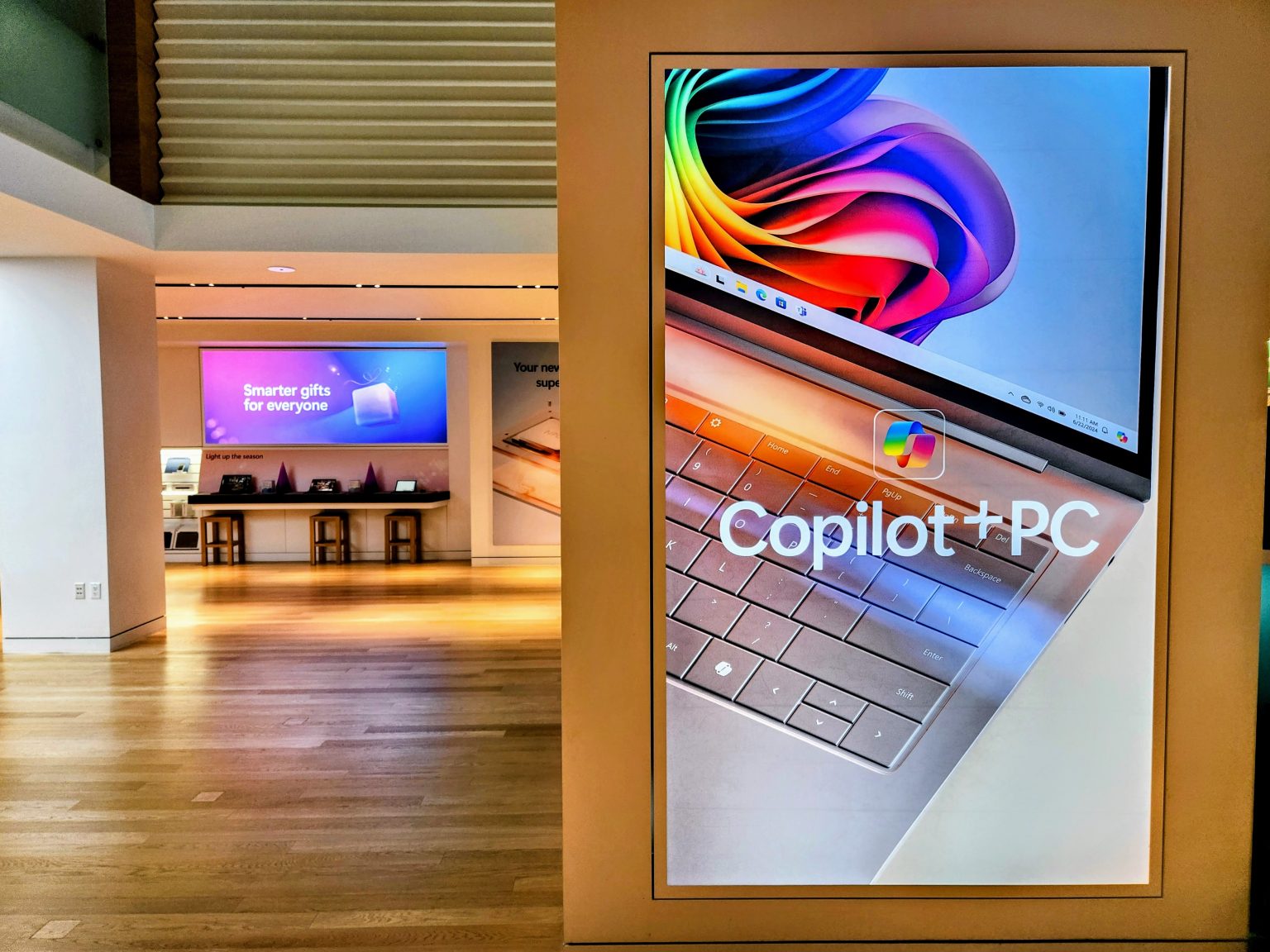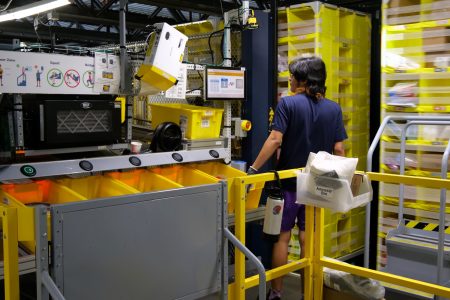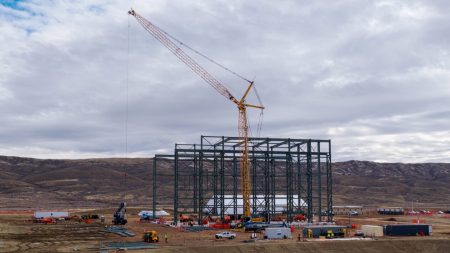The impending end-of-support for Windows 10 in October 2025 is serving as a significant impetus for Microsoft to encourage a widespread upgrade to Windows 11, particularly to its new line of Copilot+ PCs. Using the platform of the Consumer Electronics Show (CES) in Las Vegas, Microsoft is aiming to showcase the advantages of Windows 11 and the capabilities of AI-powered hardware, framing 2025 as “the year of the Windows 11 PC refresh.” This push comes as a response to the substantial number of users still relying on Windows 10, which comprises over 60% of the Windows user base, compared to approximately 34% on Windows 11. The looming deadline, with Windows 10 losing support on October 14, 2025, signifies the cessation of free software updates, technical assistance, and crucial security updates, potentially leaving users vulnerable. Microsoft is emphasizing the importance of upgrading, not just for new features, but for enhanced security and performance.
Microsoft is strategically positioning the upgrade to Windows 11 not just as a necessary transition, but as a leap towards a more advanced and secure computing experience. The focus is on highlighting the benefits of Copilot+ PCs, equipped with neural processing units (NPUs) designed for AI integration. These machines offer significantly improved performance, boasting up to five times the speed of older Windows PCs and even outpacing some high-end competitors. The enhanced performance is coupled with improvements in security and battery life, making a compelling case for users to invest in new hardware. Microsoft anticipates a wave of announcements from various hardware manufacturers at CES, showcasing a range of new Windows 11 devices, including those featuring Copilot+ capabilities. This reinforces the broad ecosystem supporting the transition and offers consumers a wider selection of devices to choose from.
The transition to Windows 11 and the adoption of AI-powered PCs is not just a consumer-focused initiative. Microsoft underscores that businesses are also recognizing the need to modernize their IT infrastructure, with research indicating nearly 80% of businesses planning to refresh their PC portfolios by the end of 2024. This enterprise adoption further validates the importance of the transition and contributes to the overall momentum of the Windows 11 ecosystem. The convergence of consumer and business upgrades creates a synergistic effect, driving development and innovation in the Windows 11 space. This dual focus reflects Microsoft’s strategy to position Windows 11 as the operating system of choice for both individual users and the professional world.
The integration of AI capabilities is a cornerstone of Microsoft’s vision for the future of computing. The introduction of Copilot+ PCs, powered by NPUs from companies like Qualcomm, AMD, and Intel, marks a significant step in this direction. These specialized processors enable enhanced AI functionalities and seamless integration with AI models and applications, paving the way for more intelligent and intuitive computing experiences. Microsoft is actively developing new features for Copilot+ PCs through its Windows Insider Program, including the innovative “Windows Recall” photographic memory feature and an upgraded Windows search functionality. These additions highlight the ongoing innovation and development within the Windows 11 ecosystem, aimed at providing users with increasingly advanced and useful tools.
The growth of AI in personal computing is a significant trend that Microsoft is actively embracing. Industry analysis projects a substantial increase in the adoption of AI-enabled PCs, forecasting a rise from roughly one in five PCs shipped with NPUs in 2024 to nearly two out of every three by 2028. This anticipated growth underscores the growing importance of AI in the personal computing landscape and aligns with Microsoft’s strategy to position Windows 11 at the forefront of this technological shift. By integrating AI capabilities directly into the operating system and promoting AI-optimized hardware, Microsoft aims to empower users with the tools and technologies of the future.
The strategic placement of Nvidia CEO Jensen Huang as the opening keynote speaker at CES further emphasizes the increasing importance of AI and its integration within the broader technology landscape. This prominent speaking slot, historically held by Microsoft co-founder Bill Gates, signifies a shift in focus towards the forefront of technological innovation, where AI and its applications are taking center stage. The context of Huang’s keynote within CES, a major platform for showcasing technological advancements, reinforces Microsoft’s message about the significance of AI and its role in shaping the future of computing. This alignment with industry leaders and the broader tech community underscores Microsoft’s commitment to driving innovation and positioning Windows 11 as the platform of choice for the AI-powered future.














